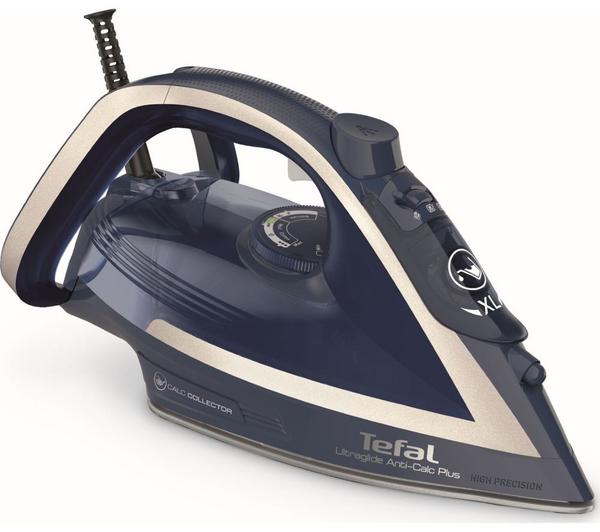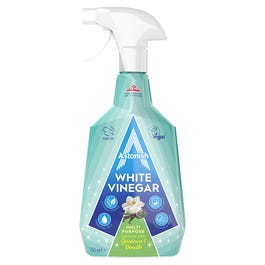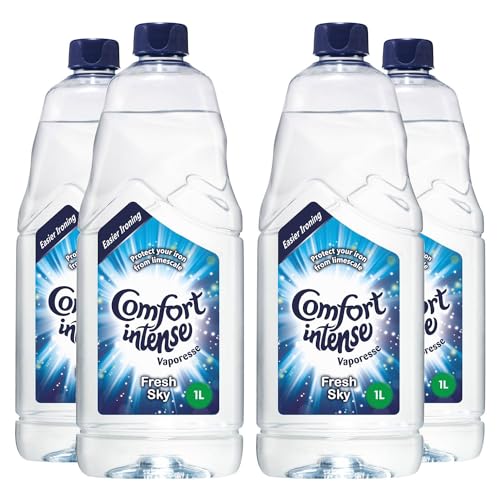How to descale an iron - experts reveal how to banish limescale without harsh chemicals
Say goodbye to white limescale stains on your clothes

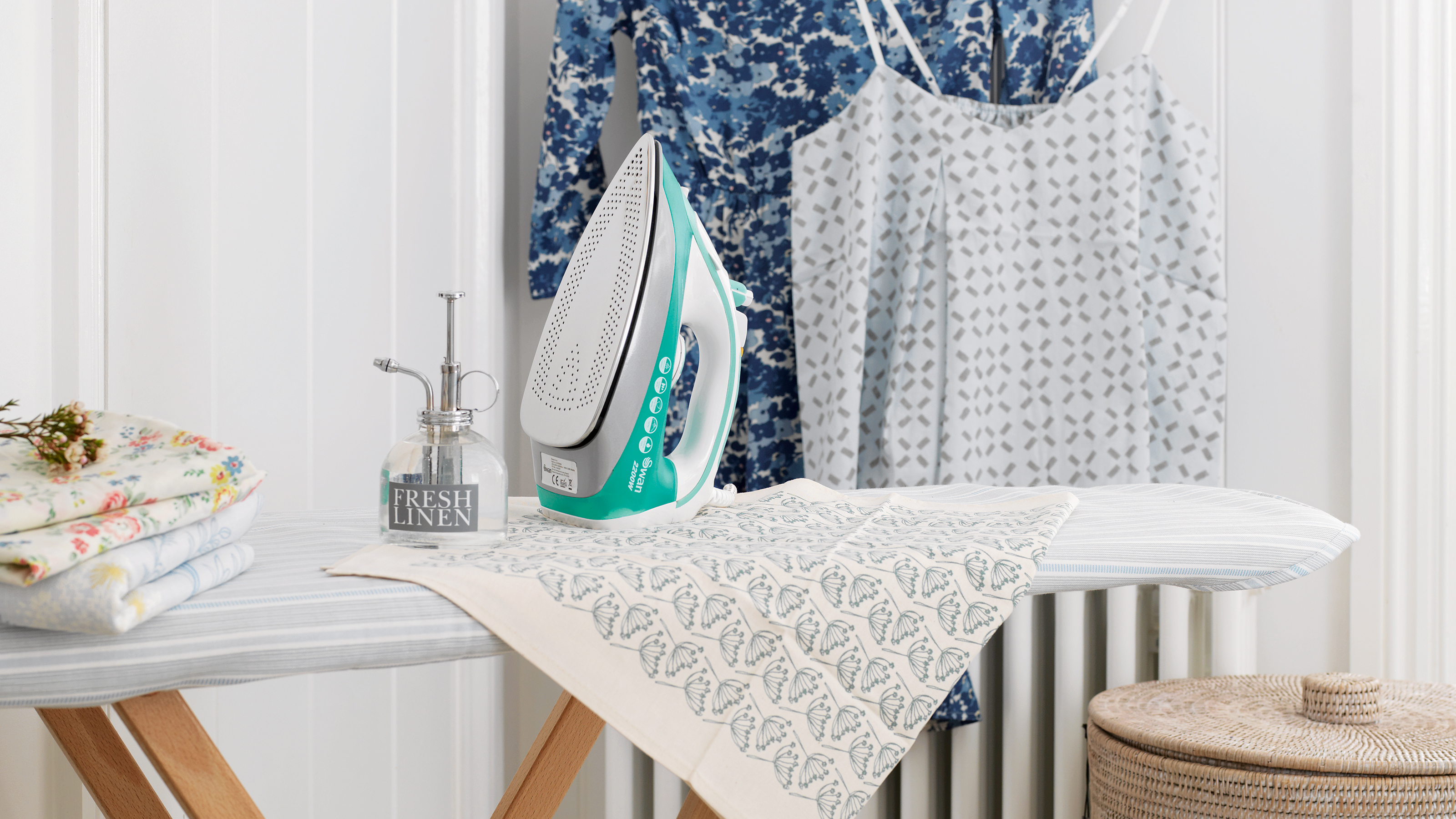
If you have ever had the misfortune of staining an item of clothing with limescale when ironing, then I’m sure how to descale an iron has probably crossed your mind.
Descaling - it’s one of those jobs that we all know we should do a little more frequently, along with generally cleaning an iron. After investing in the best steam iron you want to keep it in tip-top condition.
When flaky white bits start appearing in your brew, you know it’s time to descale the kettle - but how can you descale an iron and why is it important?

Why you should descale your iron
‘Descaling your iron is important because it keeps it working at peak performance by ensuring steam vents and nozzles remain clear. By carrying out this task you can prevent any damage being caused to your iron by limescale and it’ll help extend its lifespan – saving you money in the long run,’ Says Joshua Warren, small appliances expert at AO.com.
What makes limescale such a nightmare - be it kettle or iron - is its effect it can have on your appliance’s efficiency.
It can even cause damage, according to Gervaise Ovin, professional cleaner at Wecasa.
‘Limescale can accumulate inside the heating element and water reservoir, causing rust or damage over time, potentially reducing the lifespan of the iron. Most importantly it can stain clothes with white streaks or rusty spots during ironing,’ she says.
Sign up to our newsletter for style inspiration, real homes, project and garden advice and shopping know-how
No one wants to walk around with rust on their clothes, so how can we descale an iron?
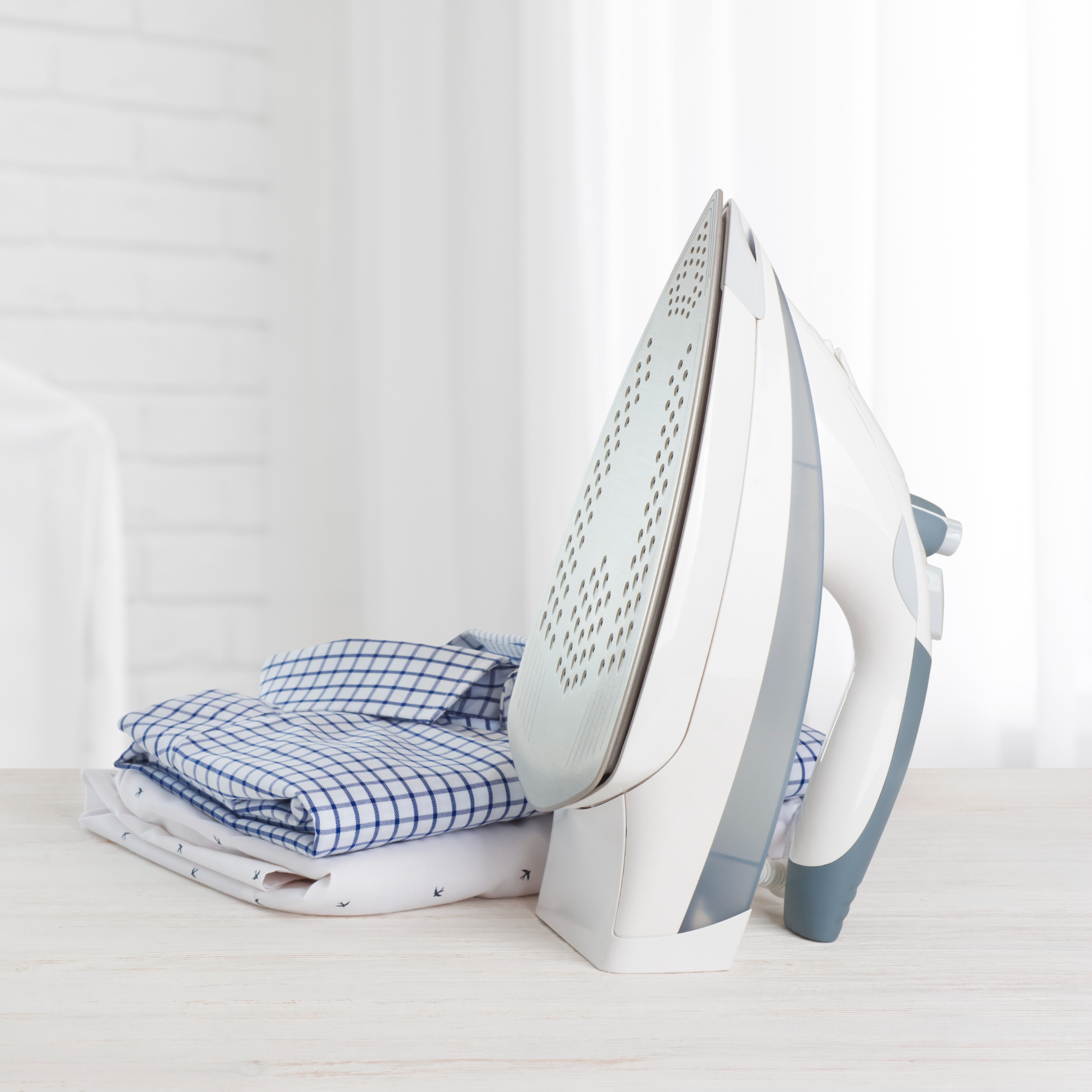
How to descale an iron
Luckily, descaling an iron is pretty similar to cleaning the inside of a kettle - and it uses the same magic ingredient - white vinegar.
‘When it comes to descaling an iron my preferred method is to use white vinegar and distilled water. Vinegar helps dissolve mineral buildup, while distilled water prevents adding more limescale,’ says Gervaise.
‘All you need to do is mix equal parts of white vinegar and distilled water then pour the vinegar-water mixture into the iron's water reservoir, filling it halfway.
‘Plug in the iron and set it to its highest steam setting. Let the iron heat up fully. This helps loosen the limescale deposits inside.
‘Hold the iron in an upright position and allow it to steam for several minutes. Press the steam burst button occasionally to push the descaling solution through the steam holes.
‘After steaming, turn off the iron and unplug it. Let it cool for about 15 minutes, then drain the remaining solution from the water tank.
‘Refill the reservoir with distilled water and heat the iron again. Use steam to flush out any residual vinegar.
‘Drain the water once finished. Clean the soleplate by wiping it with a damp cloth and use cotton swabs to clean the steam holes.’
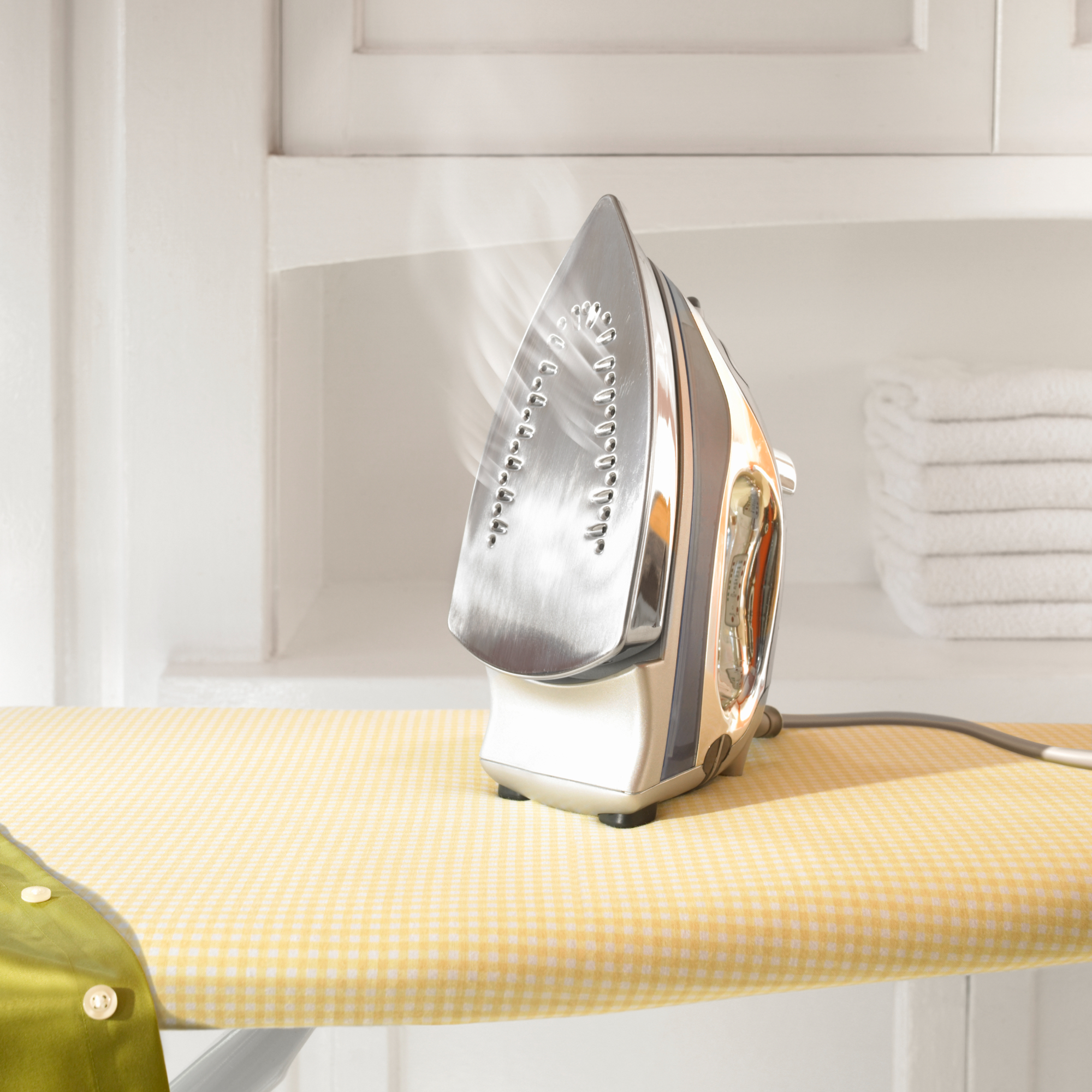
If you still see any lingering limescale afterwards, then it is important to repeat the process until the limescale is gone. Gervaise also recommends only using distilled water in your iron to prevent limescale returning.
‘Tap water contains minerals that contribute to limescale so using distilled water reduces buildup,’ she says.
Descaling your iron not only extends it’s lifespan but the quality of ironing you can complete - if it’s been a while since you even thought about descaling your iron, we suggest giving it a go today.
What you need
FAQ's
How often should you descale your iron?
‘You should really be descaling your iron between every 1-2 months which can depend on how often it's used and the hardness of your water,’ says Joshua.
‘Descaling becomes necessary because minerals from hard water (like calcium and magnesium) can build up inside your iron, which clog the steam vents and hinder its performance.’
The south east of the UK has some of the hardest water so it is recommended you descale your kettle once a month. By regularly keeping on top of limescale, your iron will perform to the best of its ability.
How can you prevent limescale coming back?
There are a few measures you can take to help prevent the build up of limescale in your iron. It’s recommended you use distilled water instead of tap - especially if you live in an area of hard water - as there is less calcium after it is distilled.
You should also drain your iron’s reservoir after every use and give it a wipe down and dry after each use.
Taking these preventative measures will not only help keep limescale at bay but reduce how often you need to descale. With a well-maintained iron, you’d only need to descale every two months.

Kezia Reynolds joined the Ideal Home team as News Writer in September 2024. After graduating from City, University of London in 2022 with a bachelor’s degree in journalism, Kezia kicked off her career spending two years working on women’s weekly magazines. She is always on the lookout for the latest home news, finding you the best deals and trends - so you don’t miss a thing!
